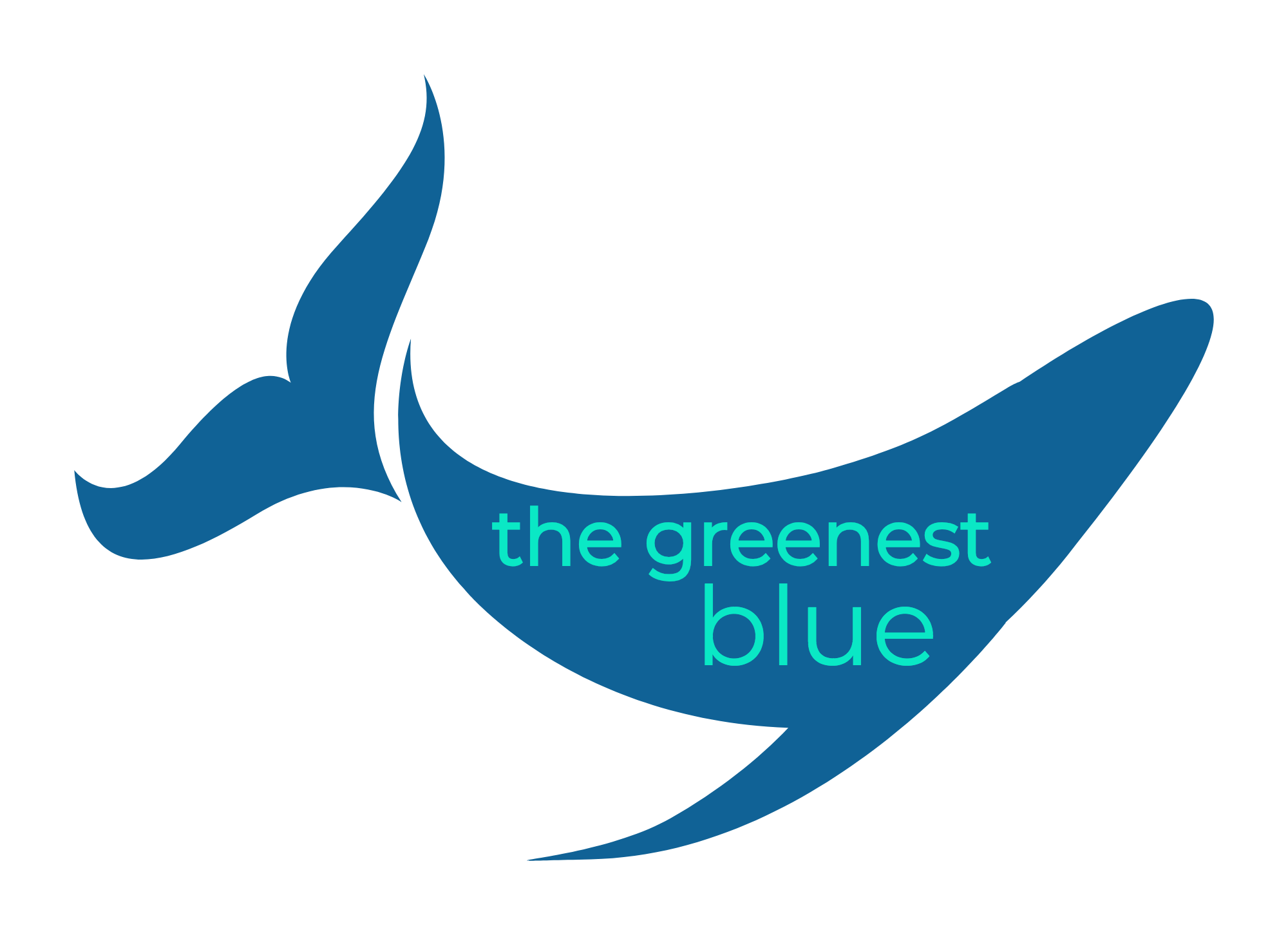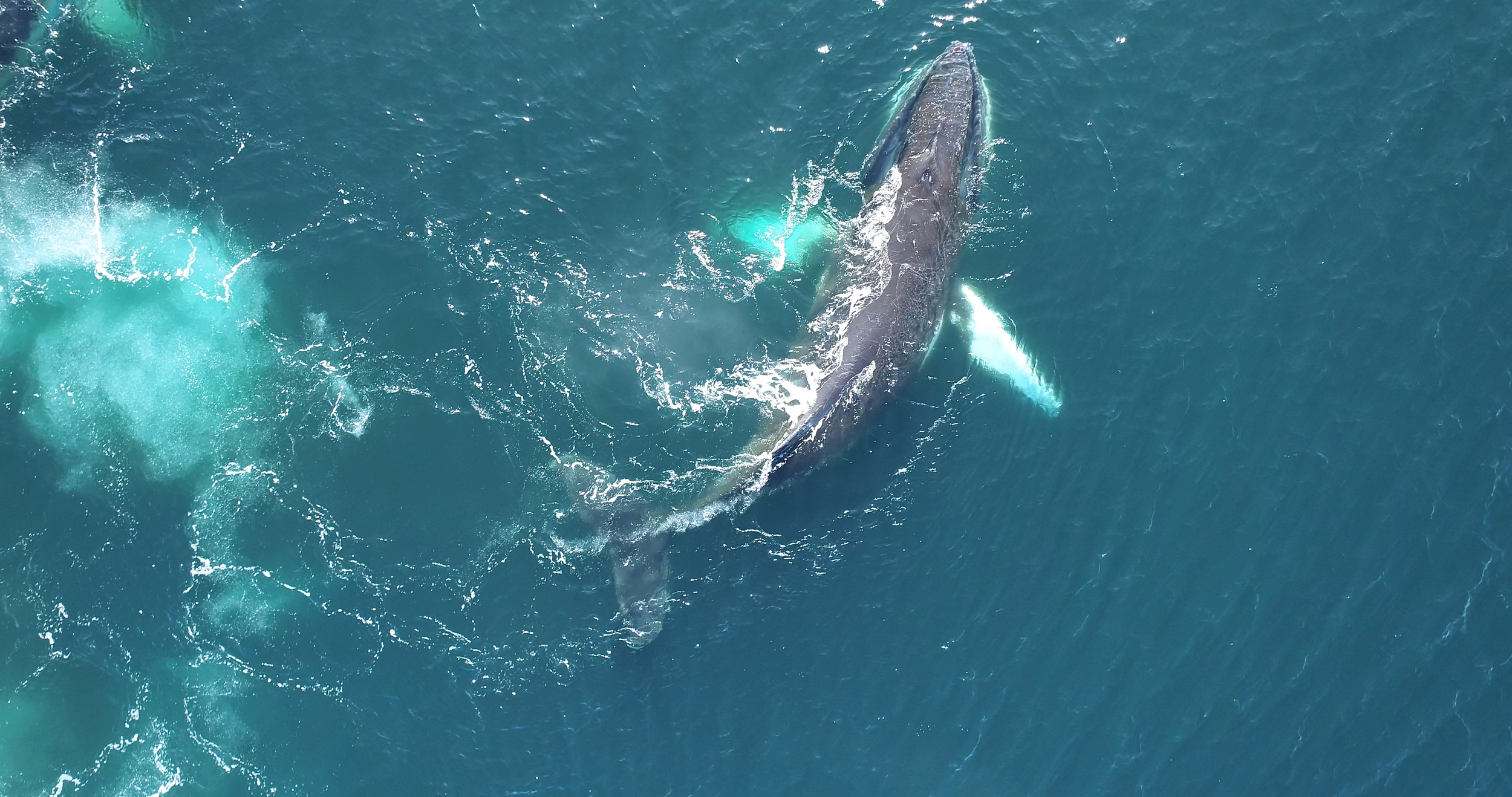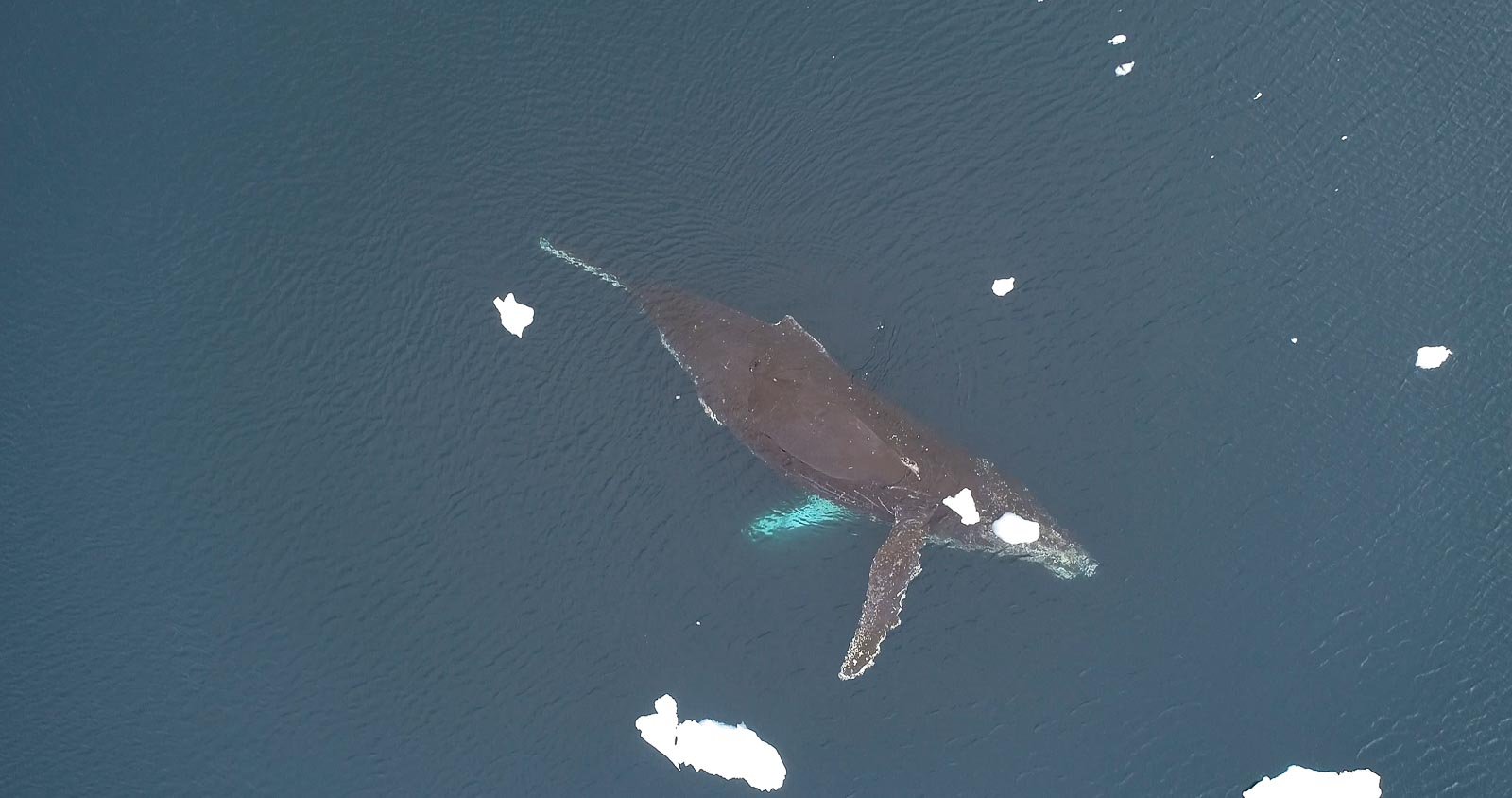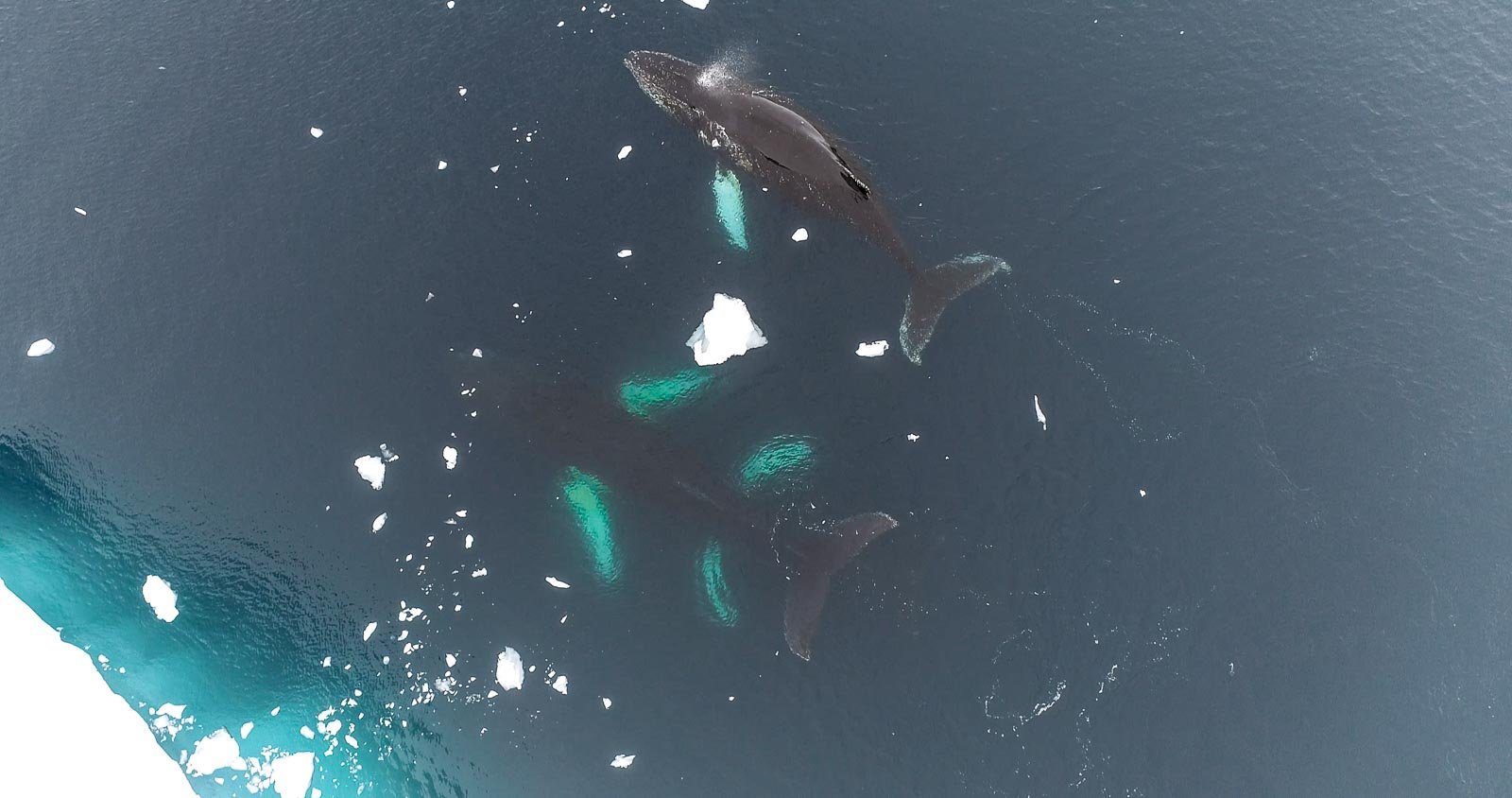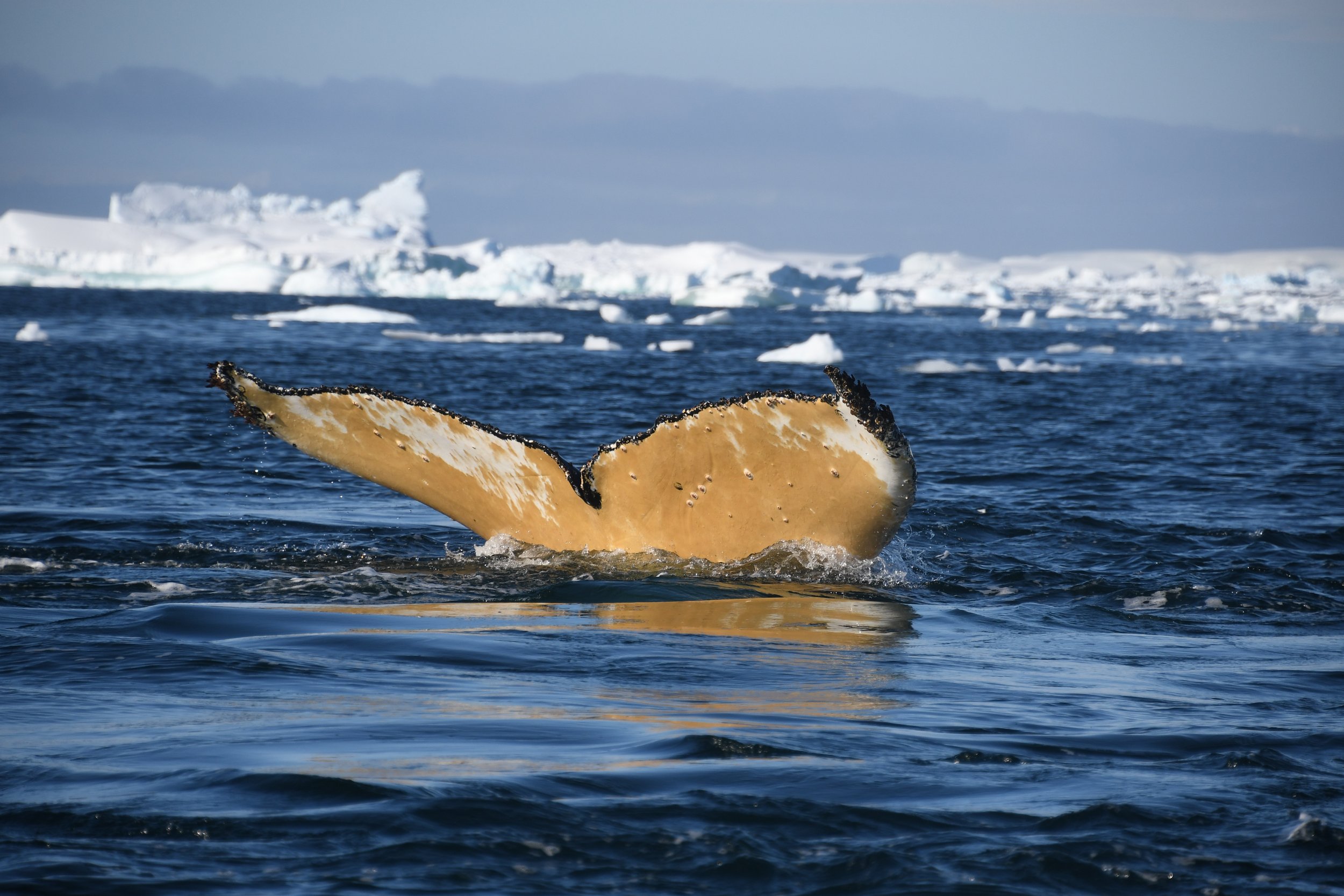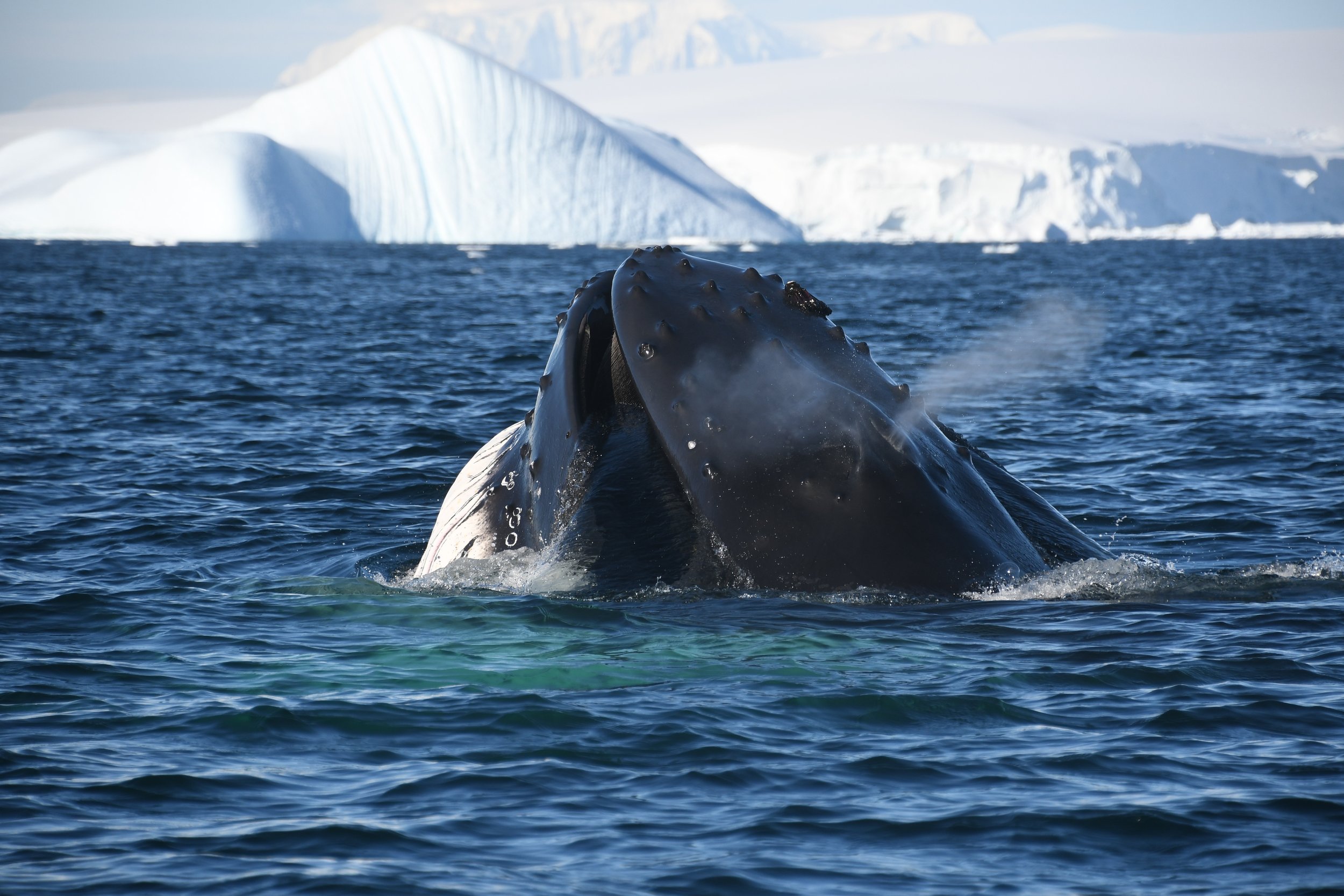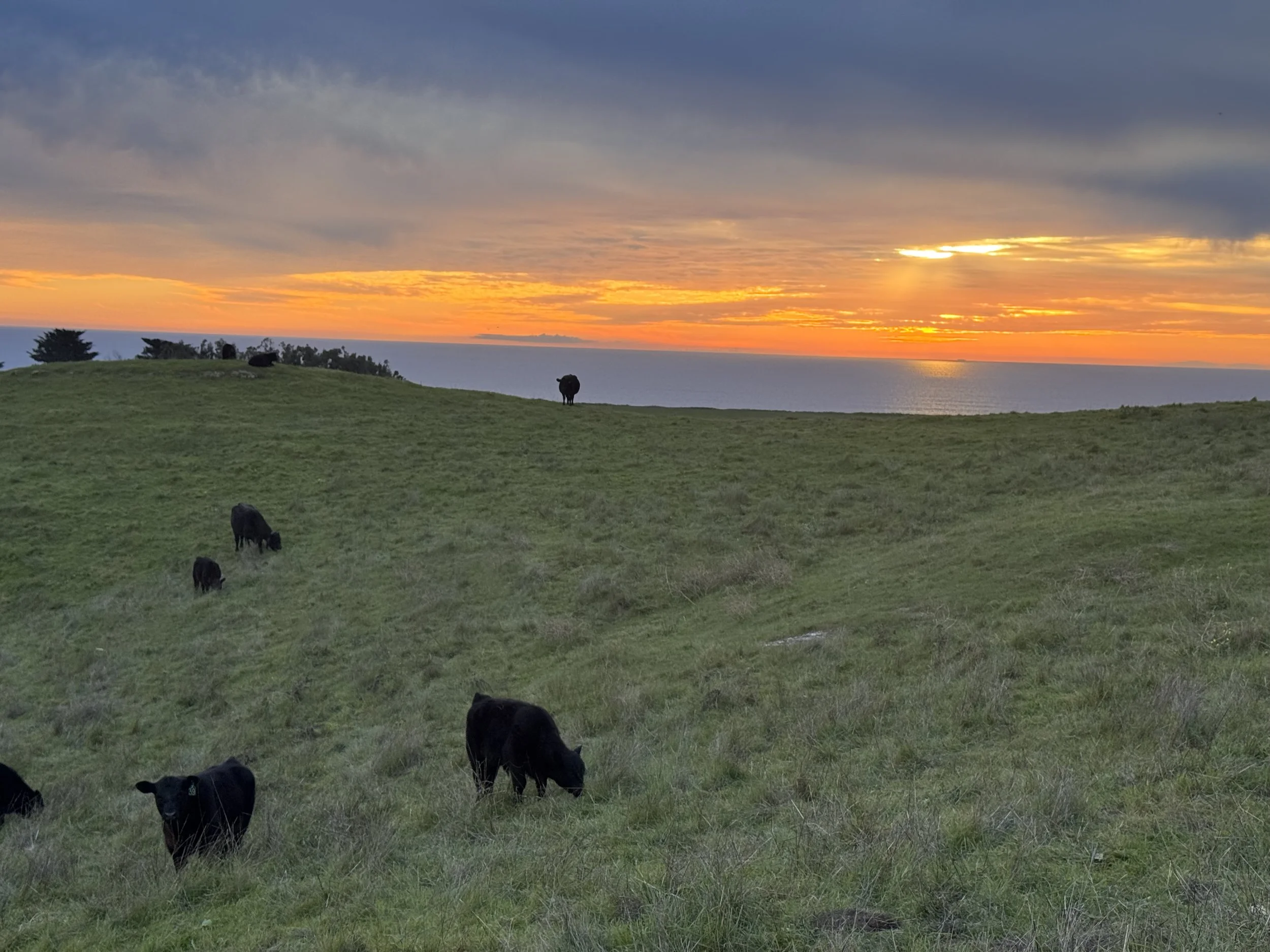When Things Don't Go As Expected During Fieldwork
This post contains affiliate links, which earn me a small commission on products I’m already in love with. This is at no extra cost to you! Thank you for supporting The Greenest Blue.
All work is performed under NMFS Permit No. 23095 with the Biotelemetry and Behavioral Ecology Lab at UC Santa Cruz (and all images taken in accordance with that permit). Please do not share images without explicit permission.
Well.
We are winding down our fifth of six trips this season in partnership with Hurtigruten Expeditions. Our lab team collectively has managed to get an extraordinary number of tissue samples from both humpbacks and Antarctic minke whales, despite some challenging weather conditions that have persisted most of the season. We’ve managed to get some drone flights in as well, scoring some interesting behavioral observations and high-quality photos to use for morphometrics (measuring body condition).
But, one thing we haven’t really been able to do this season is successfully launch our behavioral response study. This was, of course, meant to be a big part of my dissertation. I had written a thorough experimental protocol, ran ideas through many different experts, and tried as best as I could to envision what it would be like working down here without, of course, having traveled to Antarctica before. But what I’ve found is that there are so many variables that need to align perfectly for us to be able to do these experiments. We need to have workable weather (typically 15 knots or less, preferably 10 knots or less for the drone). We need to be in an area with whales. We need to have access to a zodiac and driver (sometimes crew constraints make this impossible). We need to come across resting whales (with the tools I have right now, approaching resting or slow, surface-swimming whales is the only way I’ll be able to detect a behavioral change).
And we’ve been able to perform two of these experiments all season. It has not been practical with our current setup, and it’s leaving me in a bit of a conundrum. What’s next? Should I completely shift my questions? This was carefully crafted with my advisor, and I’m sure we’ll be able to tweak protocols to make it work in a different capacity, but it still has me feeling a bit squeamish and uncomfortable. I feel like I’ve failed in some way. I know that’s silly – the whole point of this first season was for me to figure out what it’s like doing research in Antarctica and see if this study is even feasible from this platform. It doesn’t appear that this is the case with the current setup. I also can’t control the weather or whale behavior.
So, as so many PhD students do at some point, I have to go back to the drawing board. The only constant in fieldwork is that there is no constant. Things go wrong, or not as expected, and you have to pivot. That’s science. That’s also life.
I’m also existing in a space of duality. As always. I am extremely grateful for this experience, this place, and the ability to work on the water around the biggest creatures on the planet. And yet I also feel sad. I am sad that I am contributing to global warming. I am tired, and a bit burnt out from having to be optimistic all the time. I feel like this used to be a very stable and permanent part of my personality when I was younger, but my brain chemistry has shifted somehow as I’ve gotten older and it’s often hard for me to pick myself up in the low moments.
Maybe sometimes it doesn’t get easier as you get older! But I’ve certainly picked up more tools and skills for loving myself when I’m feeling down and discouraged (and of course, when I’m feeling good). It’s a lifelong learning experience.
Things you can do right now to help the planet and improve your relationship with yourself.
Cook a nutritious plant-based meal for yourself tonight. Please stop eating animal products if you have zero idea where they are coming from. If they aren’t advertising it on the menu/packaging, odds are its origins are not pretty/ethical/sustainable (but also watch for greenwashing). I also want to acknowledge that some folks do not have the choice of eating organically/locally because of the higher price tag and also resource availability. If you DO have the capacity to purchase high quality goods, please do so, and recognize we need to have the conversation of how to decrease food deserts and get good quality food to those who can’t afford it.
If you have a local farmer’s market, walk or bike or bus there this weekend and pick up some goods. Speak with your dollar.
Figure out if your school/company/organization donates to any environmental conservation orgs. If they don’t, maybe be the person who brings it up.
Investing? Using credit cards? Check to see where your bank/broker/credit card institution invests your money. Is it in fossil fuels? If so, do we really need those extra points?
Do one thing purely because it makes you happy (paint, walk, pet your dog, play Scrabble, call your best friend, anything).
Take a nap and be kind to yourself. F*ck productivity for once.
Be honest with yourself – are you living the life you want to live? The world is in desperate need of more people living in alignment with their higher selves. When you do that, your joy becomes contagious and you lift others up around you. This is the butterfly affect, babes.
It doesn’t matter if you’re religious or spiritual or none of those things. Where are you and what are you doing when you feel most at peace? Get more of that in your life.
Please recognize that all of this research is performed in accordance with our permit; drones are not permitted to be flown in the Antarctic per IAATO regulations.
More love from the bottom of the world!
Loz
